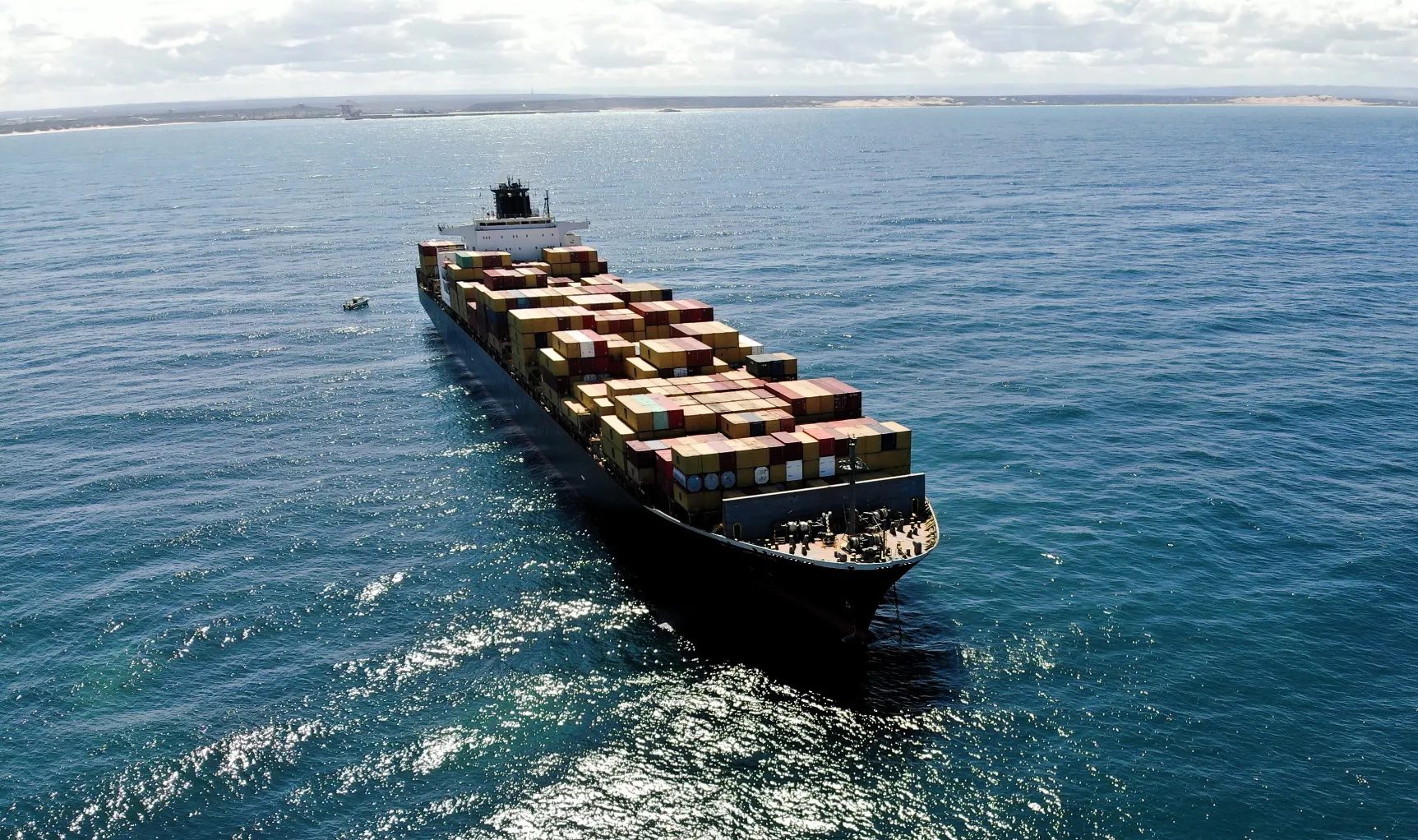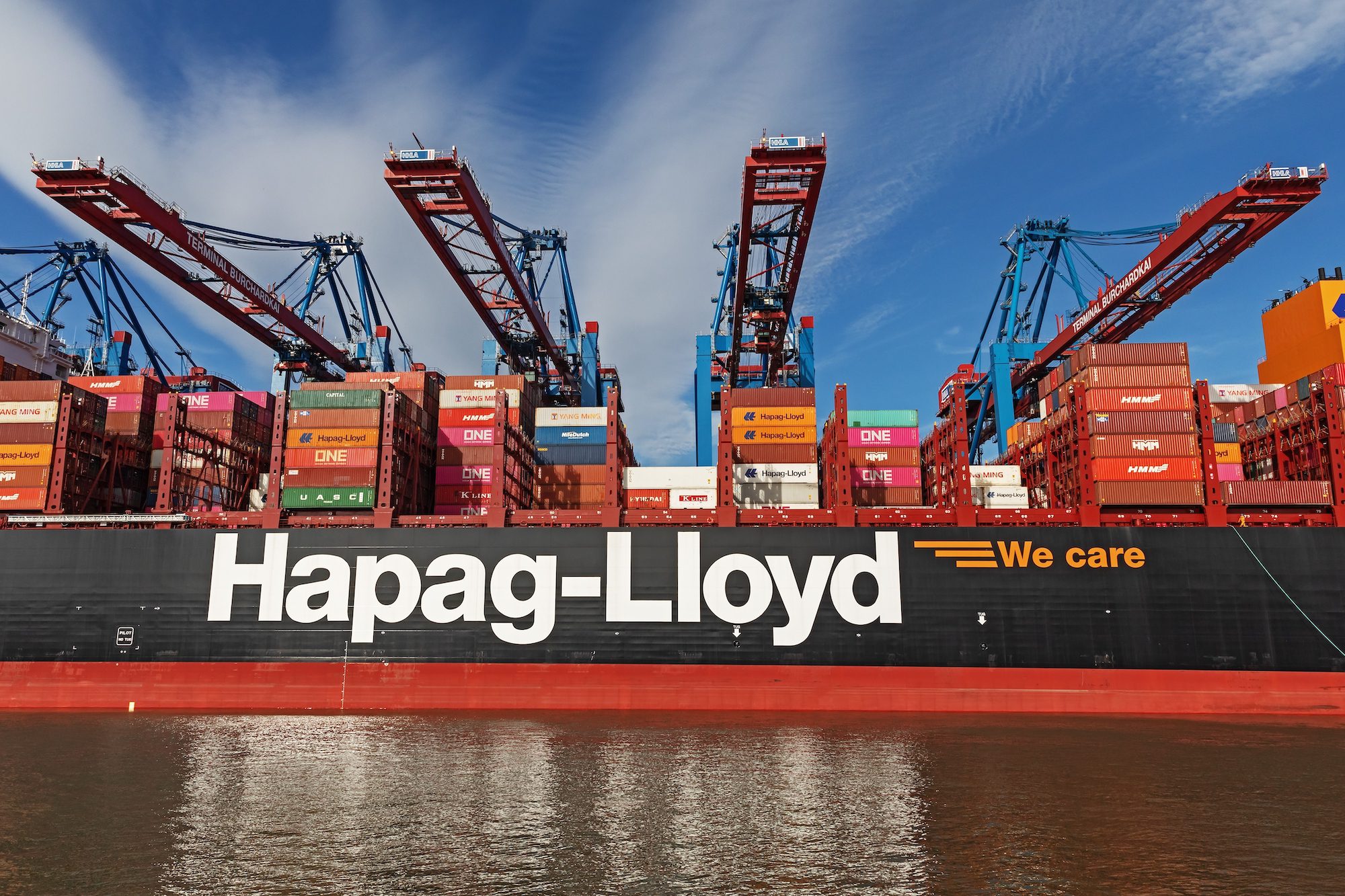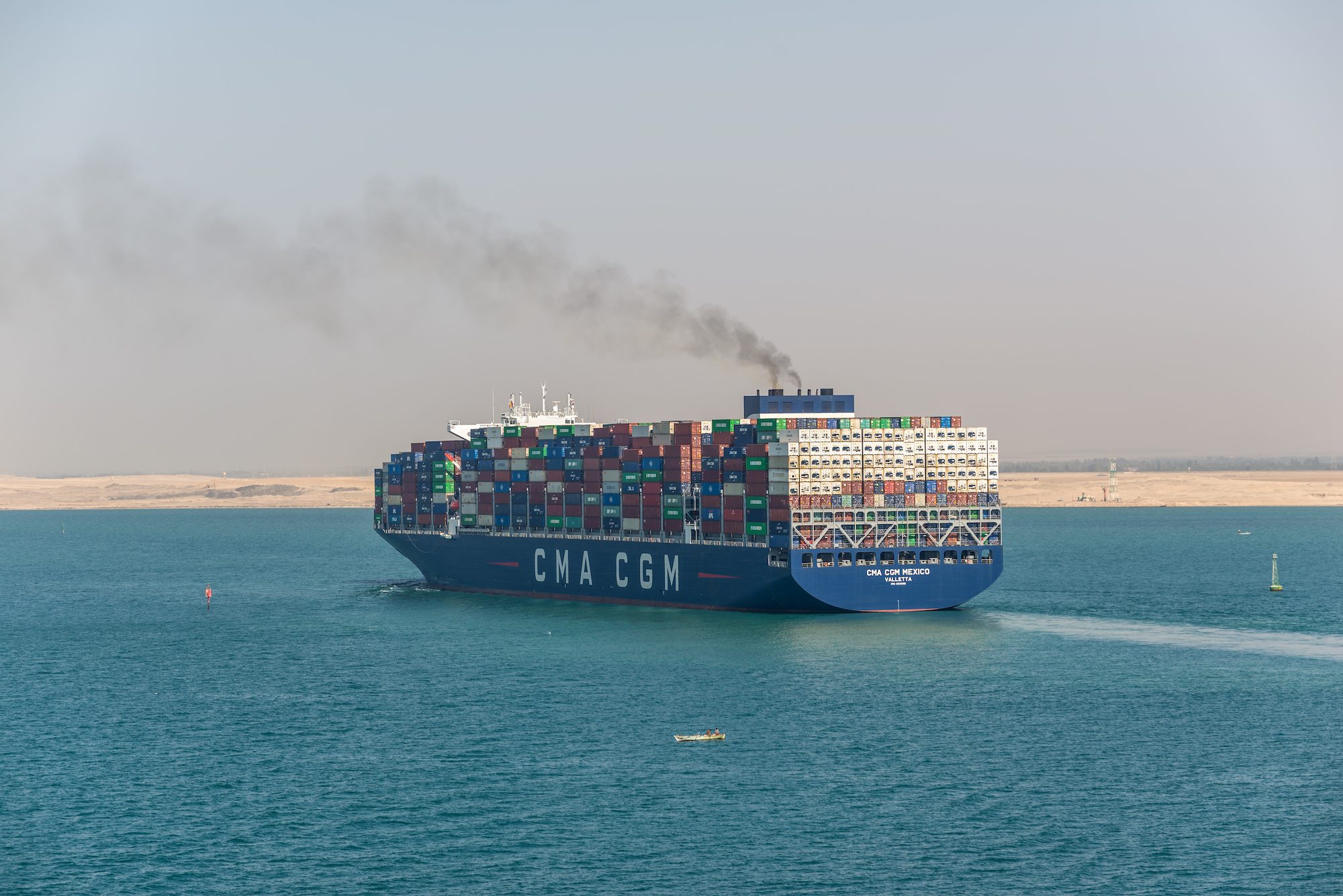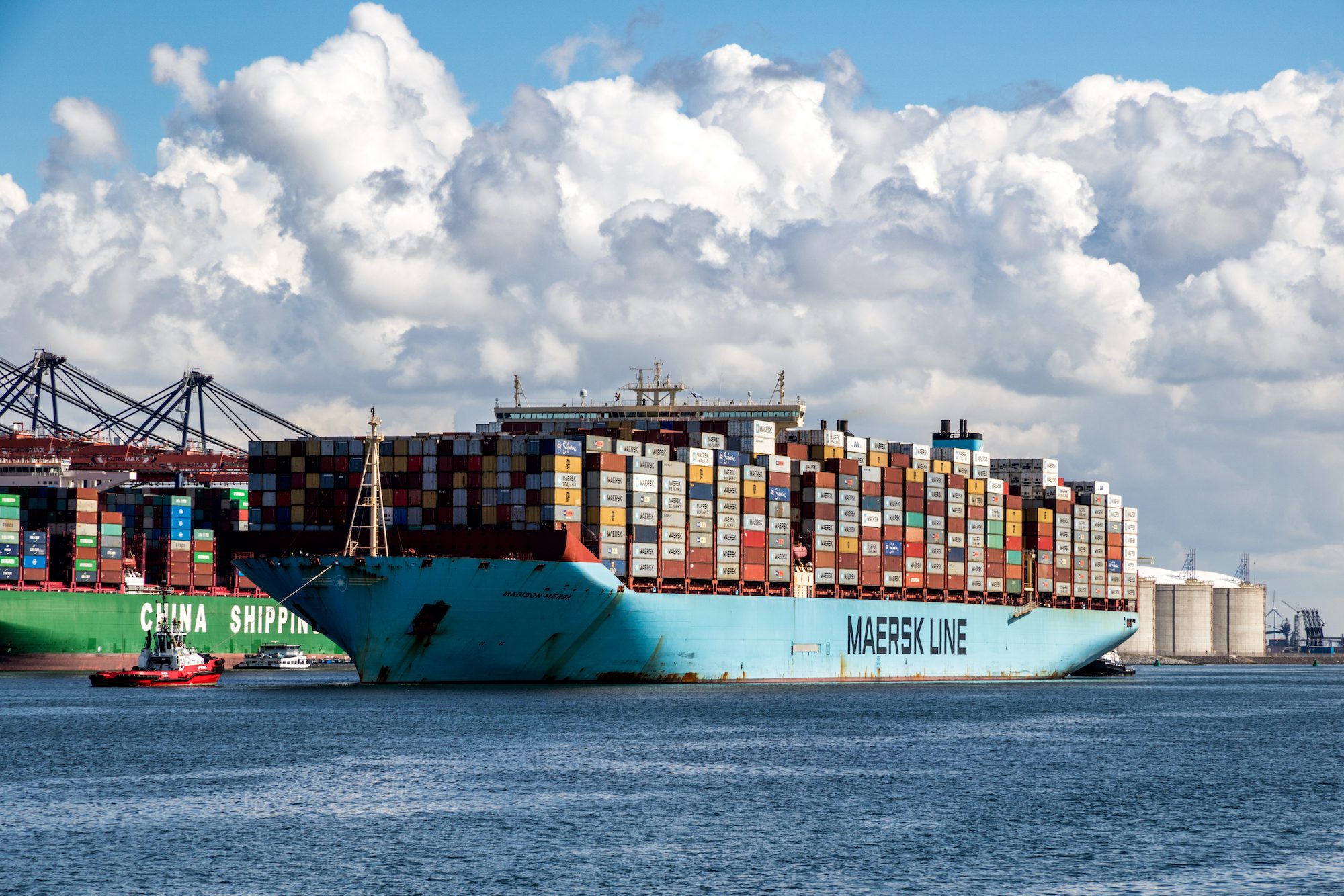South Africa has significantly enhanced its maritime environmental protection measures with President Cyril Ramaphosa signing into law the Marine Pollution Amendment Bill, a move that comes at a crucial time as ship traffic around the Cape of Good Hope has increased substantially due to the ongoing Red Sea crisis.
The legislation arrives amid unprecedented challenges in global shipping, with vessels increasingly opting for the Cape route over the traditional Suez Canal passage due to Houthi attacks in the Red Sea.
“Ships can pollute our oceans in various ways, from oil spills to harmful chemical sewage and garbage,” the South African government said in statement. The new law particularly strengthens South Africa’s commitment to international maritime standards by incorporating key annexes from the International Convention for the Prevention of Pollution from Ships.
The legislation’s timing is critical for South Africa’s extensive coastline, which spans over 3,000 kilometers from Namibia on the Atlantic coast to Mozambique on the Indian Ocean. The country’s marine economy is a significant employer, supporting approximately 400,000 jobs across various sectors including shipping, construction, tourism, and fisheries as of 2022.
Key aspects of the new law include regulations for sewage treatment and disposal from ships, as well as comprehensive measures addressing ship energy-efficiency management and greenhouse gas emissions. The Minister of Transport has been granted expanded authority to implement regulations preventing both air pollution and sewage discharge from vessels.
In a significant move to ensure compliance, the legislation has substantially increased penalties for violations. Fines for serious offenses under the Marine Pollution Act have been raised from R500,000 (~US $27,000) to R10 million (~US $541 million).
The law represents a crucial step in South Africa’s environmental and economic security, particularly as the country adapts to its increasingly important role in global maritime trade.
With the International Monetary Fund’s Port Watch data showing around doubled trade volumes around the Cape of Good Hope since the Red Sea crisis began, this enhanced environmental protection framework appears timely and necessary.
Editorial Standards · Corrections · About gCaptain

 Join The Club
Join The Club











